 |
| Justice Dipankar Datta taking oath as a judge of the Supreme Court |
When on 12 December 2022 at 10:30 AM, Mr Dipankar Datta's feet were on the hallowed ground of Mandi House, Tilak Marg, New Delhi, and the consolidation of his ears, brain, and speaking faculty was completing the blanks, with his spoken words, common to Section IV and VIII of the Third Schedule of our Constitution, he may not be aware that being late for a duration of 6 months and 3 days will mean him being in the topmost post of the Judiciary of Bharat for 5 months 27 days. Furthermore, Mr Datta, however, may not be aware that if he had been elevated to the Supreme Court before Mr JB Pardiwala, i.e., before 9 May 2022, then Mr Pardiwala would never have become the Chief Justice of Bharat (hereafter CJB); however, as it has not been the case and Mr Pardiwala will be the CJB for more than 2 years.
Bharat saw the last CJB from the Calcutta High Court and the Banglabhasha-speaking fraternity in 1990 when Sabyasachi Mukherji demitted the office of CJB. Altogether as of to date, only 4 Bangalis had been there out of 50 CJBs that this country has had.
Therefore, I was called on to find out whether Mr Datta can become the 5th CJB from the Banglabhasha fraternity and the Calcutta High Court considering his official age of 57 (as of today) which means he will be having a tenure of 8 years in the Supreme Court which also means that he has achieved elevation to Supreme Court at a relatively younger age. So is Mr Pardiwala who is 57 (as of today) and is also senior to Mr Datta in service from the Supreme Court as he has been elevated there on 9 May 2022 and Mr Datta on 12 December 2022.
Mr Pardiwala will assume the office of the CJB on 3 May 2028 and will debit the same on 11 August 2030, thereby will get a tenure of 2 years 3 months and 8 days.
On 12 August 2030, Mr Datta will become the CJB retiring on 8 February 2031, thereby will get a tenure of fewer than 6 months.
Therefore, if Mr Datta had been elevated before Mr Pardiwala, he would have become senior to the latter and thereby would have been the CJB from 3 May 2028 (but now on that date Mr Pardiwala will become the CJB) to 8 February 2031, making Mr Pardiwala retire as the second senior-most judge of the Supreme Court in 2030 and confirming that he never becomes the CJB. Therefore, the late of 6 months and 3 days has confirmed that it will give Bharat one more CJB but whether more justified disposal of cases or not, only the upcoming future will write which will be spoken by the past of such future.
We say ‘slow but steady wins the race’ however I can see now how slow but steady gets a lesser opportunity in time to win the race, simultaneously I find that lesser opportunity in time has also confirmed that two people get the same opportunity, although not of time, instead of one getting it.
Mr Pardiwala will get more years as CJB than Mr Datta because the former is senior to the latter in the service of the interpretation of the law for the reason of humans from the Supreme Court.
Judicially speaking in terms of years, Mr Pardiwala is junior to Mr Datta regarding the discharge of judicial duties.
Mr Pardiwala was elevated to the bench of the Gujarat High Court in 2011 after the Executive sat on the recommendation of Mr Padiwala made by the Supreme Court for years. Once Pardiwala even went to the then Chief Justice of the Gujrat High Court to withdraw his consent to becoming a judge but the present and future did not want to regret and hence he did not withdraw his consent.
Whereas Mr Datta was elevated to the High Court at Calcutta in 2006, therefore as of now Mr Datta is having an experience of 16 years as a Judge which shall end in 2031 as an experience of 25 years whereas Mr Pardiwala is having the experience of 12 years as a judge which shall end in 2030 as an experience of 19 years.
Furthermore, Mr Datta has been Chief Justice of the Bombay High Court and therefore is trained in the administrative part of the judicial system which makes him more administration-wise rich, which means he is recommendation-wise rich in recommending the names for the appointment of judges which will aid him as CJB.
Henceforth, the unwritten convention of seniority being responsible for the elevation of a judge will not be followed in its literal meaning.
However, I ask this question to myself does the lesser years of Mr Pardiwala than Mr Datta as a judge speak that the former is judicially richer than the latter as the former is elevated to the Supreme Court after 11 years of judgeship at the High Court and that is also when the former has never performed as Chief Justice of any High court which a person has to assume, as a matter of practised rule, before getting elevated to Supreme Court?
I am aware that a judge who has practised for 5 years as a judge in any High Court can be elevated to the Supreme Court, but in practice, a judge of the High Court is elevated to Supreme Court only after he/she/it has been a High Court judge for more than 10 years and performed some more years as Chief Justice of any High Court.
Only the judicial exception of Mr Krishna Iyer was elevated to Supreme Court from the High Court by following the minimum enabling of 5 years in the strict sense as he was elevated as a judge of the Kerala High Court on 12 July 1968 and to Supreme Court on 17 July 1973.
Therefore, does getting elevated to the High court by practising lesser years as a High Court judge mean you are ahead of your age and could be having judicial foresight?
You are aware that an advocate can also be elevated from the bar to the bench of the Supreme Court, does that mean he will start as an amateur in the discharge of judicial duties? He may a beginner with knowledge of law and reason on the bench.
One may argue that only the experience as a judge of the Supreme Court is counted to become the CJB because the Supreme Court is the defacto lawmaker after the Sansad and therefore a person having more experience as a judge of the Supreme Court will supersede a person having more experience as a judge of High Court with being Chief Justice of any High Court.
However, such an argument is made in ignorance of the fact that the Supreme Court is final not because it is right but it is right because it is final.
Intriguing questions!! I hope we will get the answers after 8 February 2031, till that time I hope everyone here will be alive not because they want the answer but because they are now relatively young on this date.


Thank you for your comment